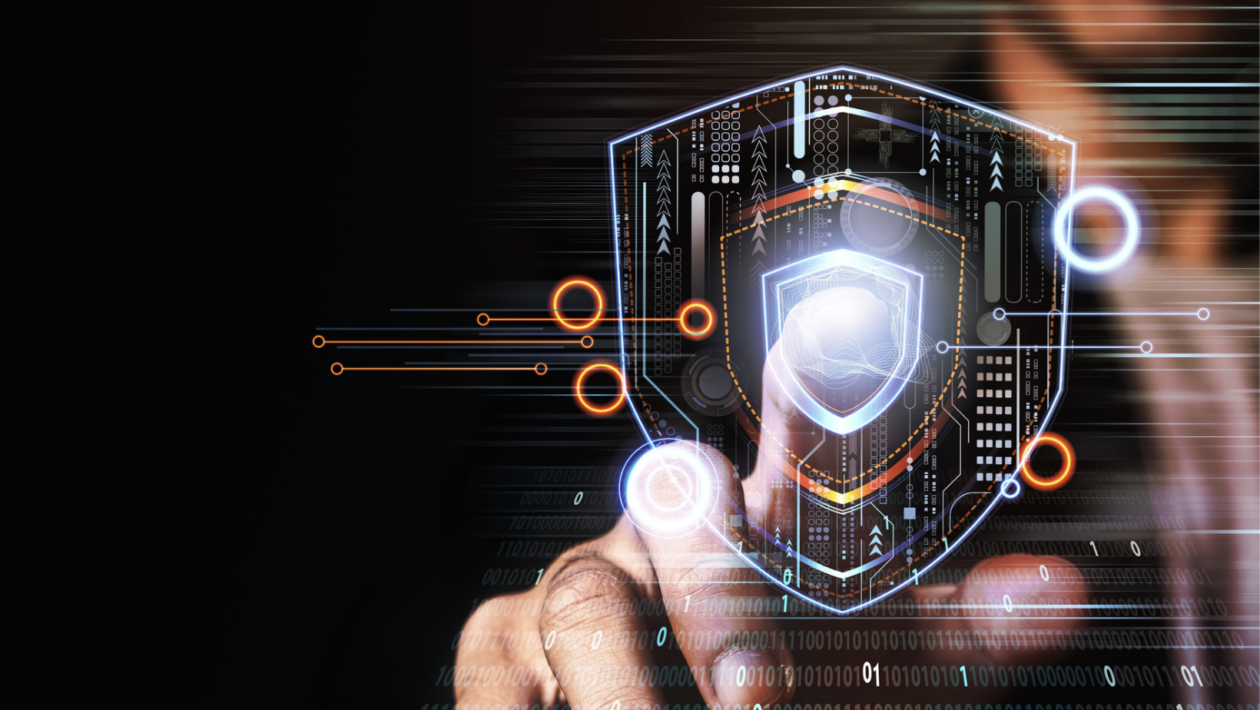The internet has revolutionized the way we live, work and play. From communication to online commerce, the vast potential of Web3 has opened up a new era of digital opportunities. As such, it comes as no surprise that millions of users around the world are flocking to this technological breakthrough.
However, the promise of transparency and connectivity that Web3 brings has also created a paradox where users want to remain private and secure in their digital identities and their data.
The threat to centralized identity systems, where personal information is stored in a single location, has been discussed for many years. This system has created a single point of failure and a honeypot for hackers, resulting in frequent data breaches and identity theft. While centralized identity systems have provided us with convenience, it is becoming increasingly clear that this approach does not guarantee the security of our information.
Regaining our credentials
Decentralized identity has the potential to change the way people interact with their digital identities and personal data. Unlike traditional, centralized systems, which are controlled by a single entity and have points of failure, decentralized identity allows users to maintain control of their data while also offering transparency and accountability through the use of verifiable credentials. This system makes it impossible for hackers to compromise a single entity to get access to the data of all users.
Decentralized identity can also improve user privacy and reduce the monetization of personal data. Users can “share” their data with third parties in a secure and anonymized way using cryptographic techniques while still being able to control who has access to it. This gives them more control over how their data is used and who can profit from it. In the current centralized model, our personal data is frequently sold to the highest bidder without our knowledge or consent.
All in all, a decentralized identity could be the key to providing individuals with freedom and more ownership over their digital selves.
Zero-knowledge technology for privacy and efficiency
The current process of opening bank accounts or entering contracts often involves submitting personal information, such as full names, addresses and social security numbers, to multiple companies and institutions. This process is not only tedious but also increases the risk of personal information falling into the wrong hands.
Zero-knowledge technology allows users to prove that they possess certain information without revealing that information itself. This means that users can authenticate themselves or prove their ownership of assets or credentials by only revealing specific personal information to others.
For instance, in the case of opening a bank account, a user can provide proof that they are over 18 years old while keeping their exact date of birth private. This means that the bank can verify the user’s age by obtaining only the necessary personal information they need. Similarly, in the case of entering a contract, a user can prove that they possess the necessary credentials or qualifications for the job, without revealing any additional personal information that may not be relevant to the contract.
The use of zero-knowledge technology has the potential to revolutionize the way we handle personal information and increase efficiency in various industries. By providing users with more control over their personal information and enabling private verification, zero-knowledge technology can reduce the risk of data breaches and streamline processes for businesses and consumers alike.
A path forward
Ultimately, decentralized identity and zero-knowledge technology offer a ray of hope for those seeking true privacy and security online. In a world where data breaches are becoming more common and trust in centralized institutions is at an all-time low, decentralized systems can provide a way to maintain control of our digital identities, allowing us to further benefit from the transparency and connectivity that Web3 offers.
It may be too soon to predict the future of decentralized identity, but it is clear that it has the potential to revolutionize privacy in the digital world. As more and more users become aware of the potential of decentralized identity, it is likely that we will see an increase in adoption and use cases for this technology that could usher in a new era of privacy and security online.
The paradox of transparency is real, but with the right tools, our digital identities remain secure and private. Decentralized identity offers a potential solution to this issue and is an important step toward creating a more trustworthy digital ecosystem. By embracing decentralized identities, we can ensure that our data remains safe and secure while still leveraging the power of transparency in our digital lives.





